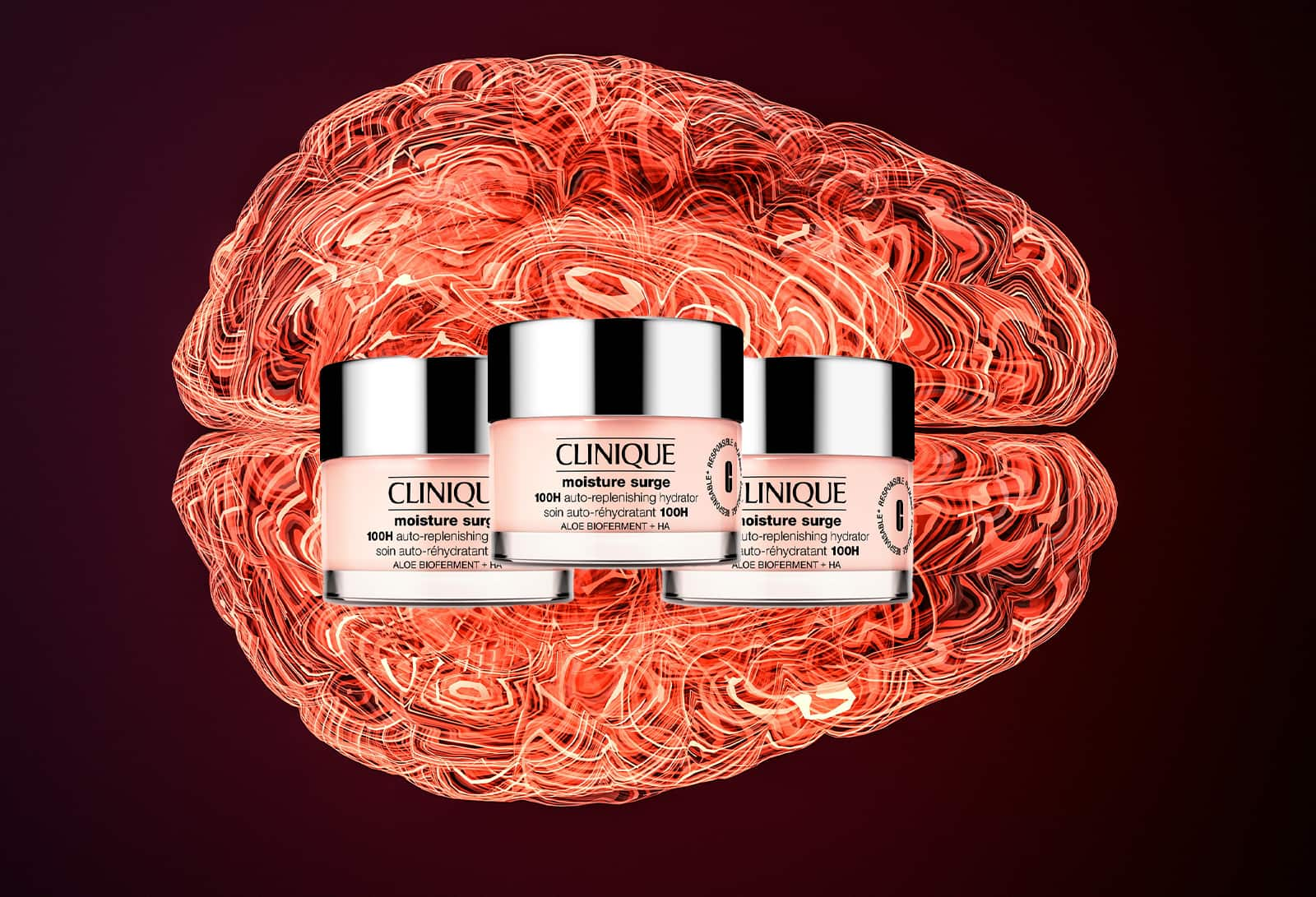Fitness
New Study Reveals Surprising Links Between Skincare and Mental Health

The “Skin is the Window to the Mind” survey found that the majority of people believe that the condition of their skin health has a direct correlation to their mood and confidence, but more than 60% of people aren’t satisfied with their skin. For this group of people, treating skin conditions cannot only improve their skin health but also lead to a positive shift in their mood and emotional well-being.
Ninety-five percent of participants recognize that emotional benefits are important to them when doing their skincare routine. When it comes to improving their mood, applying skincare ranked higher than meditating, receiving a compliment, or having a cup of coffee. Over 80% of participants reported feeling happier, more confident, and more comfortable when their skin is well-hydrated.
Most consumers know that hydration is essential for healthy, glowing skin, but Clinique’s study also found that the actual act of applying a moisturizer plays a really important role in a person’s emotional wellness. Moisturizers’ sensory qualities have a huge impact on mood. Sixty-four percent say quick absorption would enhance mood during use, while 52% say slow absorption would worsen mood during use. Texture can also enhance or worsen a person’s mood: 56% of participants claimed a moisturizer with a good texture can enhance their mood during use, while 59% say bad texture would make them feel worse. Consumer findings varied slightly across the globe: the US (72%), Spain (72%), and Mexico (71%) prioritize a consistent hydration approach, while consumers in the UK (63%) and Japan (55%) rank it lower.
Enjoying your skincare routine is also a sign of positive physical and emotional well-being. Consumers who use skincare for relaxation (56% of participants) are more likely to be satisfied with their skin and have strong skin health. Participants who view skincare as a ritual are more likely to say their skincare makes them feel more confident, youthful, radiant, energized, and beautiful, versus those who see it as a routine.
“We were one of the first brands to embark on this research and be able to do storytelling around why a healthy skincare routine impacts your emotional well-being,” says Jess Burns, VP of Global Consumer Engagement at Clinique. The brand hopes that these findings will encourage consumers to reframe the importance of moisturizer in their routines as something that provides both physical and emotional benefits.
Clinique is one of many brands exploring the psychodermatology landscape. A study by Aveeno found that one-third of dermatology patients have emotional disorders, and people with skin conditions such as rosacea or acne are more likely to suffer from lower self-esteem and depression. Tatcha is also shifting to align mental health with skin health after a survey of its customers found that 69% had felt burnt out in the past year, and around half felt “overwhelmed” by daily life. Tacha combines its stress-reducing formulas with calming Japanese practices to help consumers with their physical and mental well-being. From moisturizers that increase hydration while also improving mood to serums that target signs of aging and stress, we can expect more brands to incorporate both physical and emotional benefits in their marketing messages moving forward.


)






